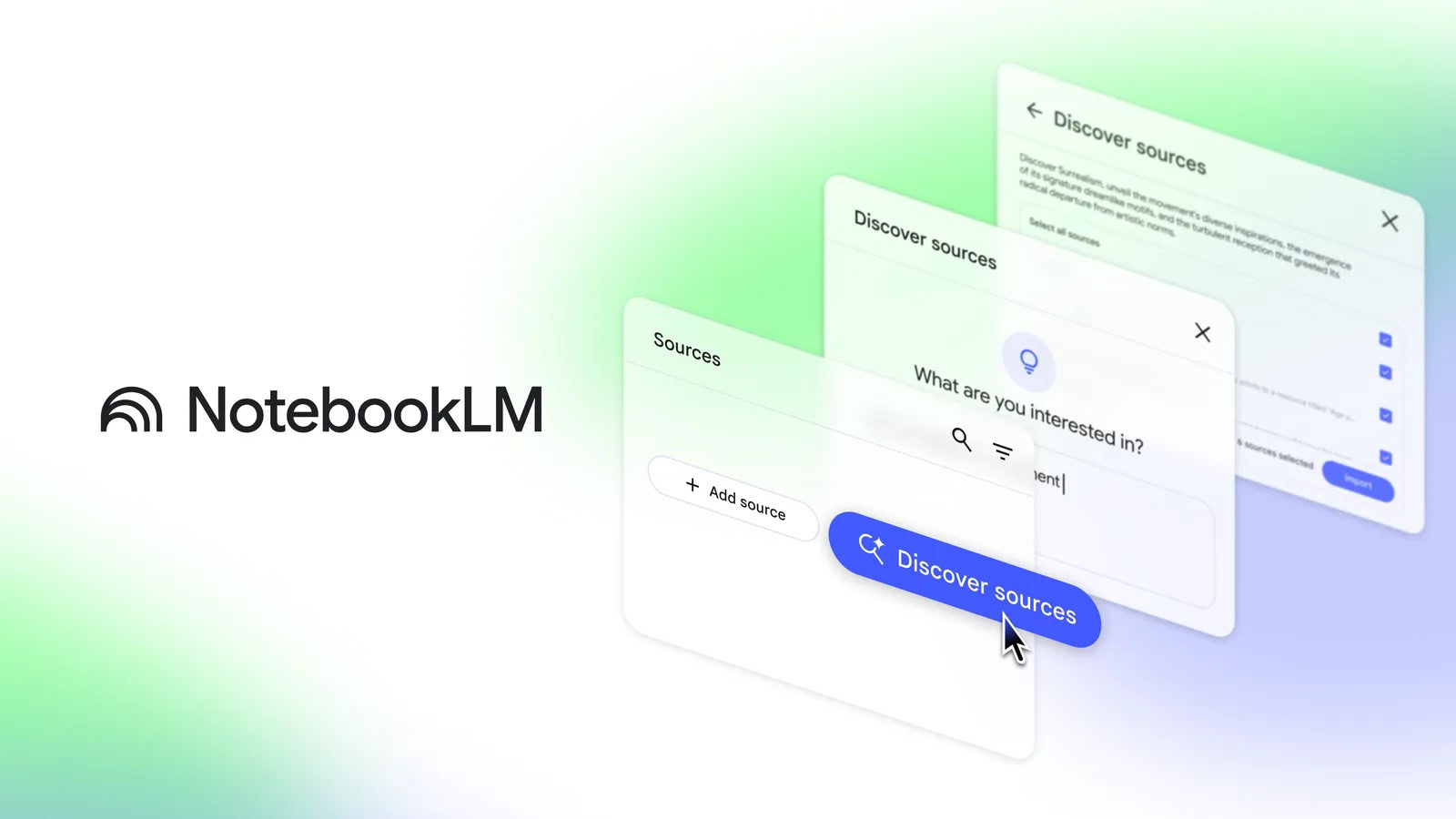How to Optimize Product Filters with SEO Keywords: A Comprehensive Guide
Product filters are the new tough guy in the ecommerce world; when optimized with SEO keywords, it can drive high organic traffic towards your site.
Product filters are probably one of the most integral features on an ecommerce site because they help customers quickly narrow down and browse through selections based on color, size, price range, and all the other relevant attributes that may be included on the site. What, however, often goes unnoticed is how product filtering may also impact search engine optimization; it's simple. Filters can greatly enhance the visibility of your site in search results when used with strategic keywords, thereby helping improve the customer experience as a whole. That is what we shall discuss in this article, how to optimize product filters with SEO keywords and why it is an important step in any ecommerce SEO strategy. Understanding the Role of Product Filters in SEO
Product filters also help narrow down product selection for users but can also increase search visibility for your site. However, if not correctly optimized, filters often cause crawling and indexing issues, especially when they create multiple pages that are almost duplicate in content with anything that confuses the search engines to understand it.
For example, on an unoptimized ecommerce website, different colors or size filters can result in hundreds of URLs, which may be considered as duplicate content by the search engines and thus rubbles your SEO efforts. Effective use of SEO keywords on product filters ensures that it makes your ecommerce site give one a seamless user experience as well as attracts more traffic.
Why Product Filter Optimization is Important for Ecommerce
1. Better user experience: Easy to search for what they want and thus higher conversion rates.
2. Better Search Engine Visibility: Clean and relevant content for the search engines and hence they improve the page rankings.
3. Improved crawlability: Proper management of filters avoids waste of crawl budget since it tries to create minimal unnecessary URLs.
4. Targeted Traffic: Using the right SEO keywords means that your product pages rank for terms that fit user intent, hence bringing more qualified traffic.
With increased competition in ecommerce, using product filters as a tool for SEO is crucial if businesses want to stand out in the respective results of the search engines.
Process for Optimizing with Product Filters and SEO Keywords
1. Thorough Keyword Research
First of all, optimization of product filters needs to begin with the identification of the most relevant and valuable keywords linked to your business. Use Google Keyword Planner, SEMrush, or Ahrefs to find high-traffic, low-competition keywords that fit your products. Search both for short-tail (broad) and long-tail (specific) keywords to find a really wide range of user search queries.
For instance, if your business is selling shoes, you are looking for keywords that describe the shoe types offered by your business (for example, "men's running shoes," "leather boots," "women's casual shoes") as well as any of their attributes, such as color, size or brand.
As you begin keyword research, consider the following:
• Search volume: Choose keywords with adequate traffic potential to make the effort worthwhile.
• Relevance: Dig up keywords that reflect what your users are looking for.
• Intent: You should ensure that your keywords represent the intent of the user, especially transactional searches that are likely to convert.
• Competition: Target a balance between high-traffic and low-competition keywords to give you the best possibility of ranking.
Use Filters Alongside Popular Search Terms
Once you obtain your keyword data, immediately incorporate these terms into your product filters. Filters such as categories, brands, materials, sizes, or colors can all be optimized by using SEO keywords.
For example:
• A "size" filter can be refined through keywords, such as "plus size dresses, "size 10 shoes," or "large shirts."
• A "color" filter would be written using terms like "red evening gowns, "black leather bags, and "white sneakers."
This way, search terms for every filter match the keyword phrases; the search engines will be able to understand how relevant product pages are, therefore ranking them higher for the same searches.
Create SEO-friendly URLs for Filtered Pages
In terms of SEO, URLs are an important feature. When users apply filters on your e-commerce site, ensure that the resulting URLs are SEO friendly. Therefore, always avoid creating overly complicated or parameter-filled URLs as in the following example:
www.example.com/shoes?color=red&size=10&price-range=50-100
What you want instead are clean, keyword-optimized URLs:
www.example.com/shoes/red/size-10/price-50-100
Static URLs are easier to crawl and for search engines to make sense of. This makes your chances higher in ranking. In addition, include relevant keywords in the URL, titles, and meta descriptions to give them increased SEO value.
Use Canonical Tags Avoiding Duplicate Content Issues:
Another issue with product filtering is that it could generate multiple versions of the same page, and the search engines will literally interpret that as duplication content, which will negatively impact your SEO. To avoid that you would use canonical tags to let the search engines know which is the preferred version to index.
Even better, in case you have several filtered versions of the same page-for example, by size or color-the canonical tag will point to the unfiltered original. This means that search engines will not index duplicate content and, therefore, will not penalize your site.
Optimize Meta Titles and Descriptions for Filtered Pages
Meta titles and descriptions are very important in the area of SEO. These give information about page content not only to the search engines but to the users as well. While optimizing the product filter, ensure each filtered page has a unique title that is keyword optimized and meta description.
For example,
• Meta title: "Red Leather Jackets for Men | [Your Brand Name]"
• Meta description: "Browse our red leather jackets for men. Available in different sizes and looks. Browse today for top quality at [Your Brand Name]."
Including SEO keywords in your meta information means that your filtered pages are relevant to searches by users and thus likely to rank better.
Utilizing Ecommerce SEO Packages for Advanced Optimisation
It is a very complex process, especially for large e-commerce sites with thousands of products and attributes. However, many businesses tend to rely on Ecommerce SEO Packages in order to ensure that the site is perfectly optimized without having to manage it in-house. Such packages usually include keyword research, on-page optimization, technical SEO, and much more.
When choosing the right Ecommerce SEO Package, select a service that suits you based on the following:
•Is the store employing specific keyword strategies tailored towards your particular products?
•Does the company provide the client with technical optimization so that you do not experience crawling and indexing problems?
•Can the company produce to-the-point, in-depth reporting which means you are able to see exactly what's going on with your filter optimization?
Monitor and adjust performance.
SEO is not a one-and-done deal. After you have optimized your product filters with keywords, you will need to track the performance of your efforts. Google Analytics, Google Search Console, or third-party SEO platforms may be used to keep tabs on the following things:
• Rank for target keywords.
• Organic traffic towards filtered product pages.
• Conversion rates from filtered pages.
Sometimes you'll find filters that underperform, so pay heed to revisiting the keyword strategy or URL structure. The hallmark of enduring success in SEO is constant testing and adjustment of any campaign.
Conclusion
Product filters are the new tough guy in the ecommerce world; when optimized with SEO keywords, it can drive high organic traffic towards your site. Thus, the proper usage of product filters will maximize their potential when key-phrase research is done thoroughly based on popular search terms, creating SEO-friendly URLs and using canonical tags helps to maximize their SEO. You can even get professional help through Ecommerce SEO Packages.
This can be done by using the right approach to significantly boost your ecommerce site's search engine rankings with product filter optimization, leading to ways for more qualified traffic, an improved user experience, and higher sales.
What's Your Reaction?
 Like
0
Like
0
 Dislike
0
Dislike
0
 Love
0
Love
0
 Funny
0
Funny
0
 Angry
0
Angry
0
 Sad
0
Sad
0
 Wow
0
Wow
0




















































